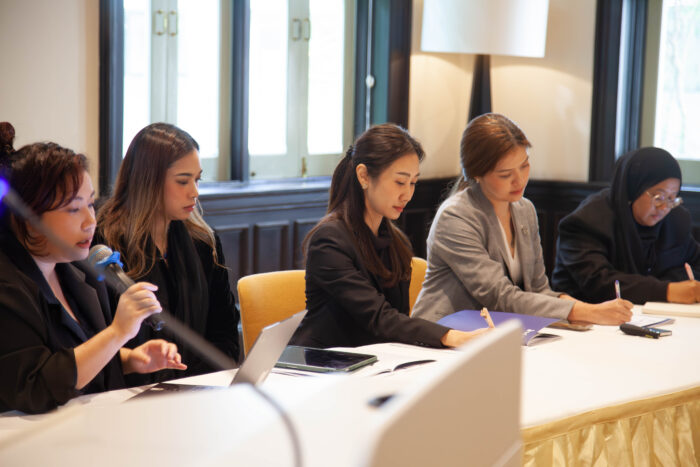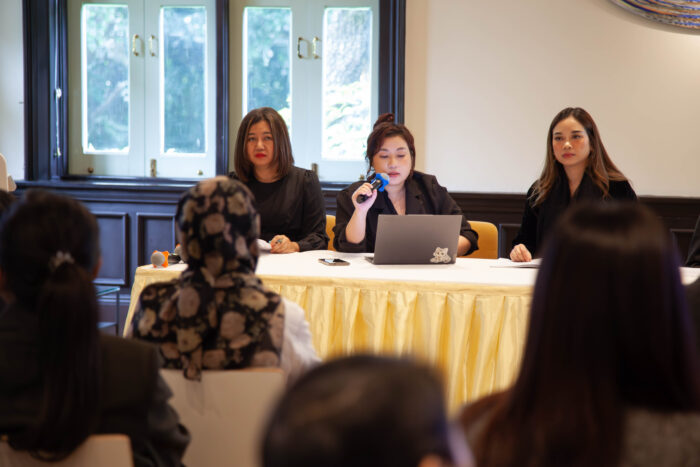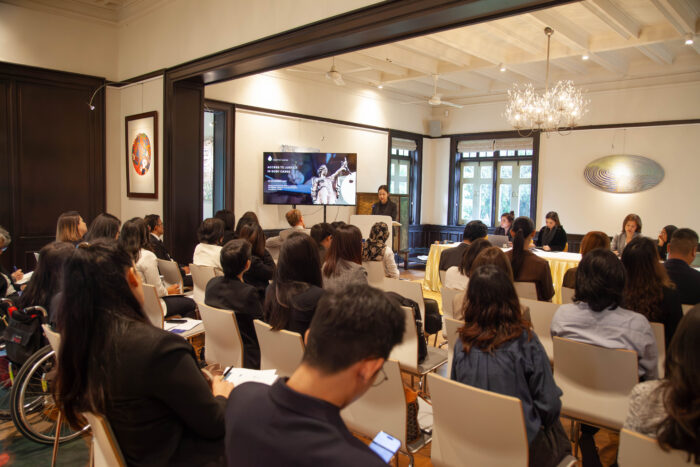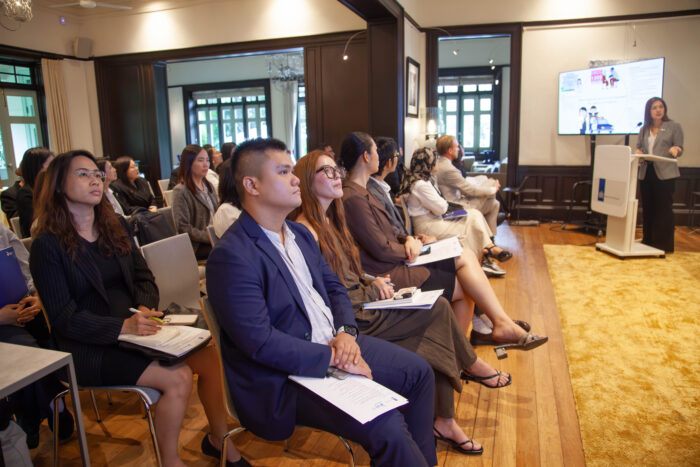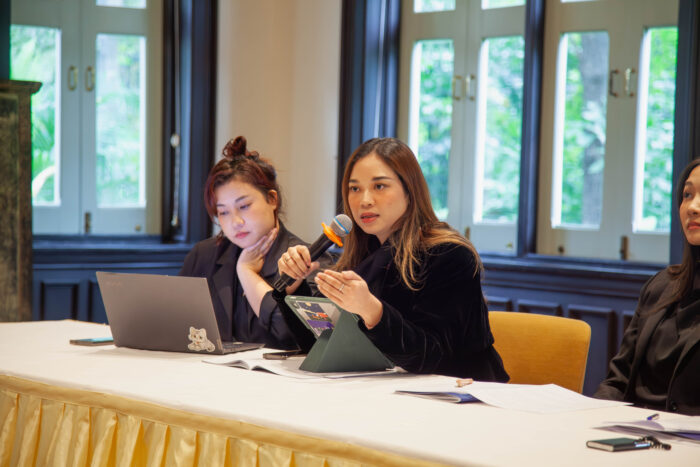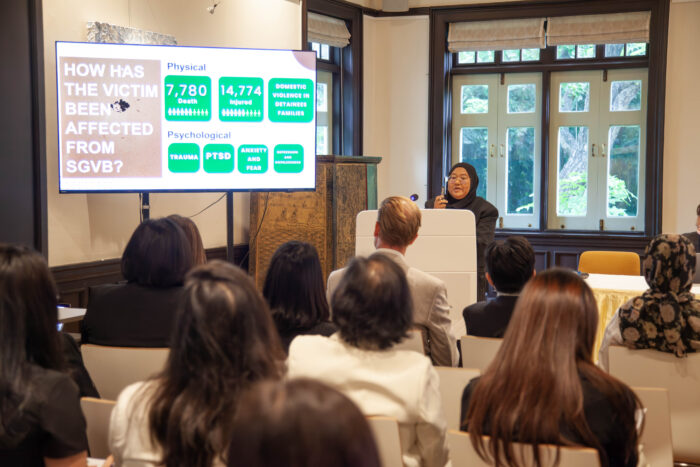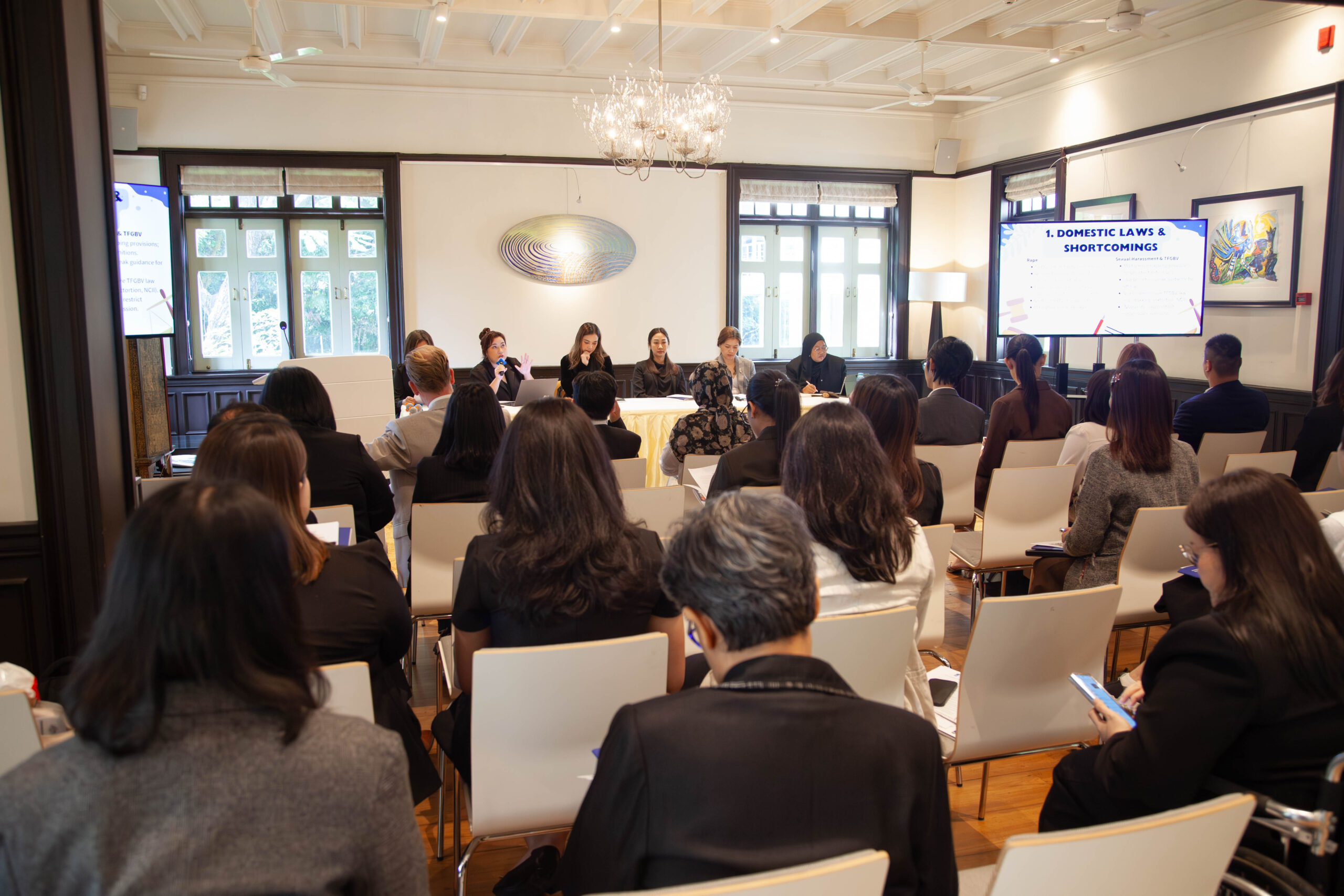Yesterday, the International Commission of Jurists (ICJ) launched its Baseline Study on Access to Justice for Sexual and Gender-Based Violence (SGBV) in Thailand, which maps Thailand’s legal and policy framework on SGBV and its implementation in practice and assesses Thailand’s compliance with its international human rights law obligations.
The Study draws on extensive research and interviews with civil society organizations, lawyers, judges, academics, and the National Human Rights Commission of Thailand.
The Study identifies major gaps across laws relating to rape and other sexual violence, sexual harassment, technology-facilitated gender-based violence (TFGBV), gender-related killings or femicides, domestic violence, restrictions on access to abortion, and Thailand’s broader legal framework on gender equality and non-discrimination.
Many of the barriers identified stem from or are facilitated by legal gaps or poorly implemented laws, resulting in deficiencies in protection.
Access to justice remains especially elusive for individuals with intersecting identities. The Study highlights barriers created by Thailand’s plural justice system—particularly affecting refugees and asylum seekers, migrant workers, sex workers, and Malay Muslim women in the southern border provinces.
Even when cases proceed, justice processes are rarely gender-sensitive or trauma-informed, exposing survivors to re-victimization. No consistent or comprehensive national data exists on SGBV, including sentencing patterns or case outcomes, leaving major gaps in transparency.
The ICJ’s study recommends:
- The adoption of comprehensive legal reforms to bring Thailand’s laws in line with international human rights law and standards. This includes adopting consent-based definitions of rape, enacting clear legislation on sexual harassment and TFGBV, addressing femicide and discriminatory sentencing practices, and strengthening domestic violence laws through broader definitions, survivor-led reconciliation, and robust perpetrator intervention programmes.
- The reform of equality and non-discrimination laws—including explicit SOGIE protections and a comprehensive Non-Discrimination Act—and the decriminalization of abortion and sex work to ensure access to essential sexual and reproductive health services. Additional reforms should also remove immigration-related barriers so that migrant workers, asylum seekers, and refugees can report SGBV without fear of arrest or deportation.
- Ending the practice of automatically diverting SGBV cases to informal or religious mechanisms—including in the southern border provinces—and using alternative resolution processes only with the survivor’s free and informed consent and never in serious criminal SGBV cases.
- The adoption of strengthened evidentiary and procedural safeguards, including the revision of police, prosecutorial, and judicial guidelines to eliminate gender stereotypes and ensure trauma-informed processes. The authorities should also expand long-term safe housing and psychosocial services, guarantee full accessibility for survivors with disabilities, and systematically collect and publish disaggregated SGBV data to guide future policy.
The Study is part of a two-year project supported by the Embassy of the Netherlands in Thailand.
Launch Event
The Study was formally launched yesterday by the ICJ and the Embassy of the Netherlands in Thailand at the Residence of the Ambassador of the Netherlands in Bangkok. Following the presentation of the key findings, a panel discussion explored ways forward, featuring:
- Ampassacha Disatha-Amnarj, Presiding Judge, Nonthaburi Provincial Court
- Anchana Heemmina, Duayjai Association for Humanitarian Affairs
- Busayapa Srisompong, SHero Thailand
- Patsarin Ramwong, Member of the House of Representatives
Further readings
Baseline Study on Access to Justice for Sexual and Gender-Based Violence (SGBV) in Thailand in English and Thai.
Executive Summary in English and Thai
Women’s Access to Justice: Identifying the Obstacles & Need for Change Report (2012)
Contact
Sanhawan Srisod, Senior Legal Adviser, Legal and Policy Office, e: sanhawan.srisod@icj.org
Saovanee Kaewjullakarn, Associate Legal Adviser, ICJ Asia and the Pacific Programme, e: saovanee.kaewjullakarn@icj.org
